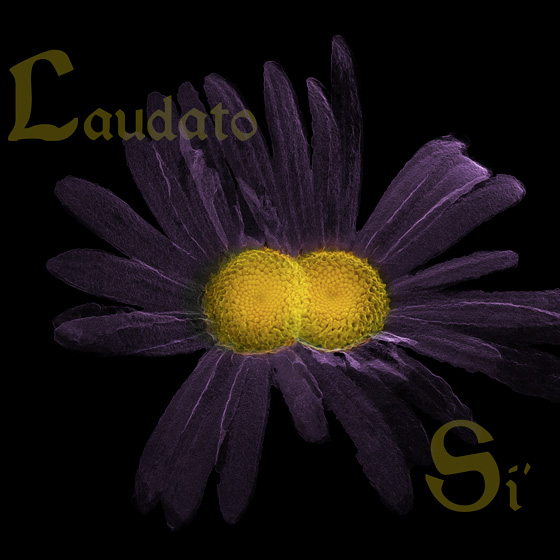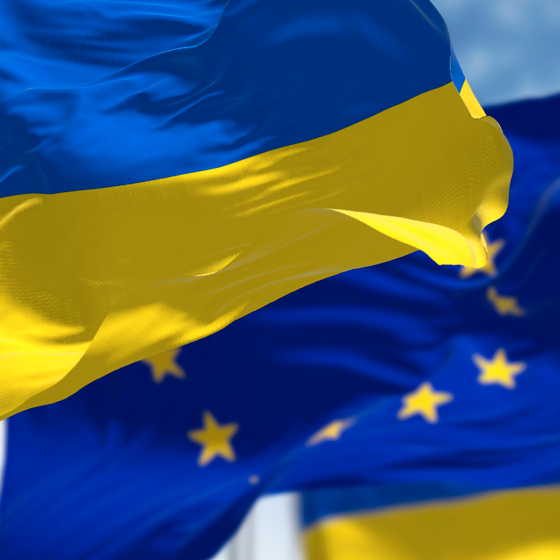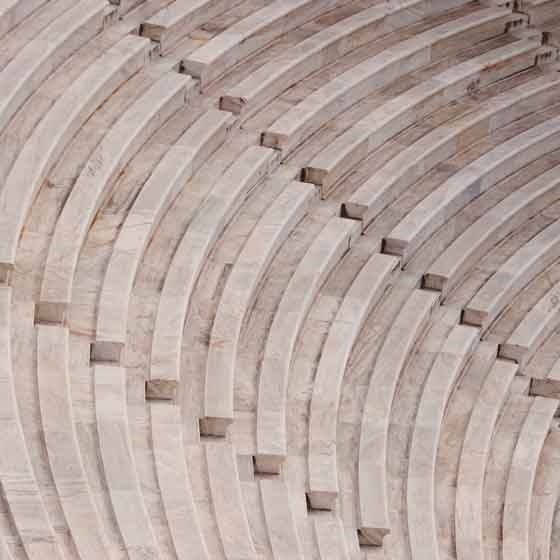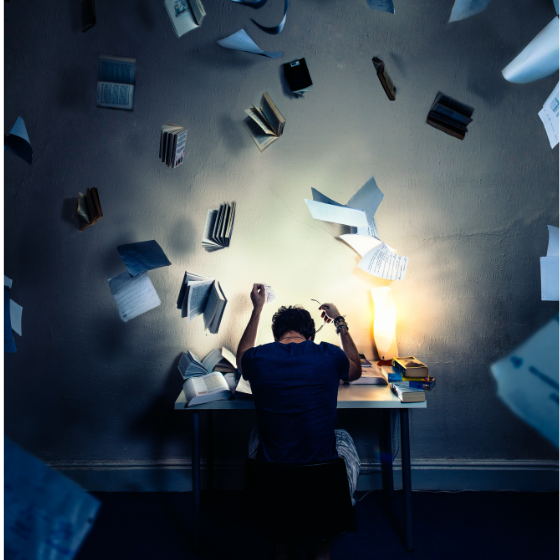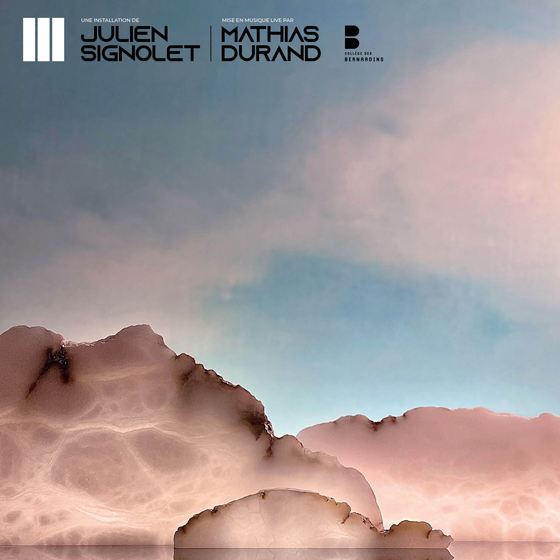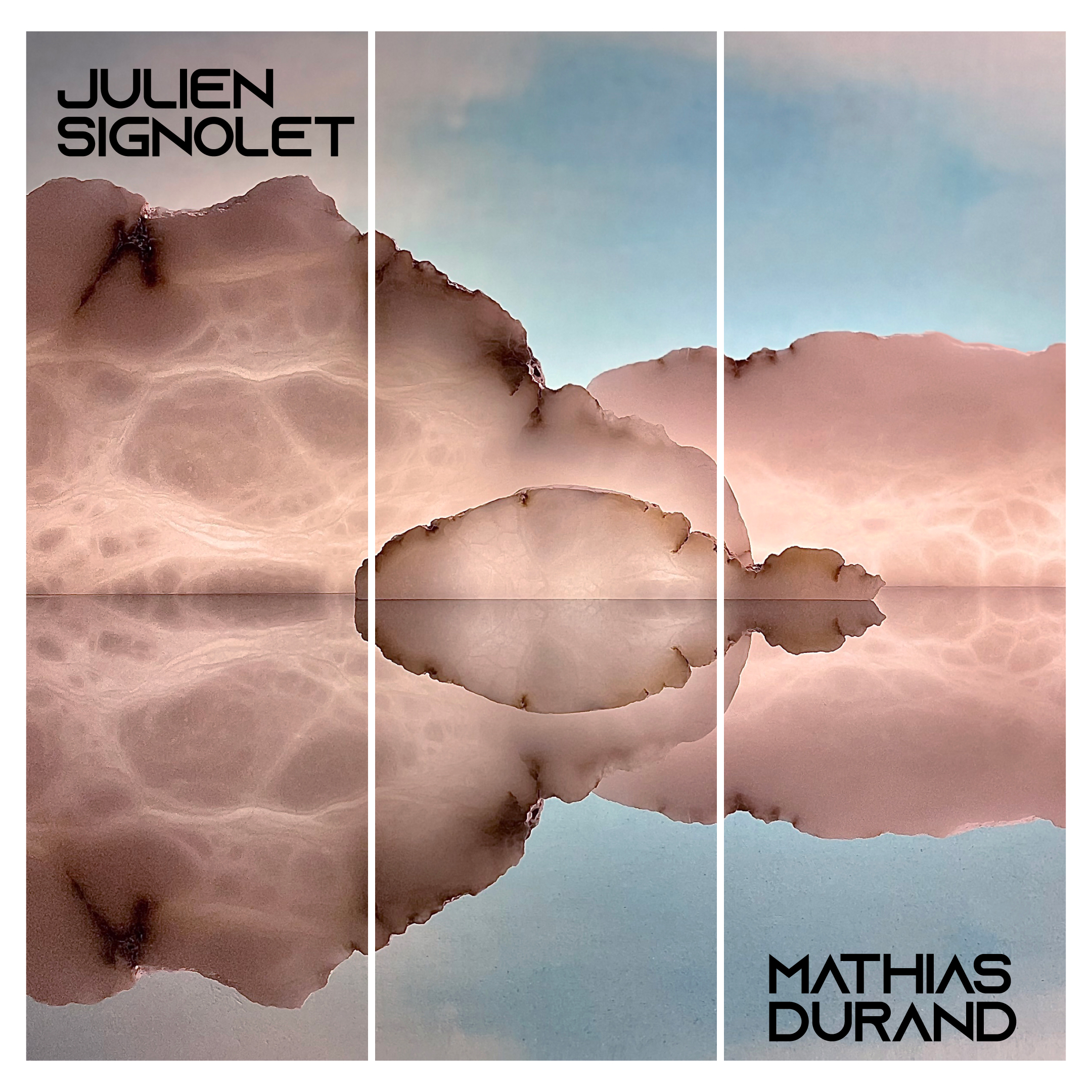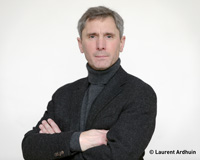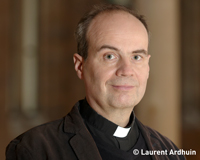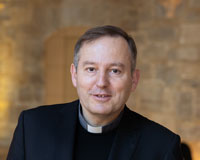Chaire Laudato si’. For a new exploration of the earth / 2021-2023
Chaire Laudato si’. For a new exploration of the earth
The Laudato si’ research chair. For a new exploration of the Earth strives to reflect on the crucial issue of ecological and social change, using scientific, spiritual and artistic approaches in an innovative way.

We examine in depth the crucial issue of ecological and social change in order to transform our perception of the Earth and our relationship with it. This is a civilisational challenge.
Understanding is essential if we are to succeed in transforming all the thinking, knowledge, perceptions and beliefs that have led man to regard the Earth as an unchanging vessel with an infinitely exploitable reserve of natural resources and remain unmoved by the "cries of the Earth and the poor."
The three years of work undertaken alongside Bruno Latour to understand the levers of our “lack of ecological awareness” - that collective indifference to the fate of the earth - constituted a first step that was shared at the international congress colloque international "Gaïa face à la théologie" (Collège des Bernardins, February 2020).
The Collège des Bernardins is now mobilising a group of researchers – explorers of this new earth – around a new research chair action. Their mission will be to help renew our paradigms, imaginings and emotions so that we can learn to "love the Earth and find a better way of living in it".
The chair’s objectives:
- To place the challenges at the highest possible level, that of the ultimate meaning of existence.
- To reflect in an independent and objective way: As a historic site for renewing knowledge and academia, the Collège des Bernardins strives to offer a unique place of freedom, discussion and debate for all.
- To try out original methods of research:
- Postulating the inseparable unity of knowledge, faith and art; eliminating barriers and uniting disciplines that rarely work together (history, philosophy, law, sociology, history of art, geophysics, climatology, theology, literature, anthropology, pictorial art, cinematography, etc.).
- Thinking outside the context of modern society through historical insight and explaining our treatment of time and historicity.
- Inventing a method of describing and observing the world and using the exercise of studying the land and Self-description Laudato si’ workshops to renew our knowledge through enquiry.
Listen (again) to the inaugural round table
Wednesday 23 June 2021, 6.30-8.30 pm
A round table, hosted by Olivia Gesbert, with contributions from Frédérique Aït-Touati, P. Olric de Gélis, Grégory Quenet, Bruno Latour, and Sarah Vanuxem.
Listen (again) to the round table
Method
A research seminar, with 2 sessions per month, bringing together a trans-disciplinary team.
A chair in collaboration with:
- The various research departments of the Collège des Bernardins: Digital humanism, Education and transmission, Economics and society, Biomedical ethics, Politics and religions, and The language of art.
- International research projects through the scientific board researcher networks.
Study days, conferences and discussions will be open to the public and will be included in the programme, together with events in the Collège des Bernardins art and culture centre: concerts, exhibitions, artistic performances, film shows followed by discussion, and readings from works of literature.
The publication of articles in peer-reviewed journals as well as books and other works by individual authors and groups are planned during the period of the chair.
A field trip is organised twice a year to establish a new way of describing and observing, a method of rediscovering the earth and the land that will radically change the habits of researchers, practitioners and decision-makers.
A website containing environmental humanities resources will be created to provide a digital library, dealing with ecological issues and covering all media, for as wide an audience as possible for both professional and educational purposes.
2021 Seminar – Time
From March to December 2021 of the first year of the chair, research sessions are devoted to the theme of time, with contributions from Jean-Jacques Barbéris (Amundi), Alban Bensa (EHESS - School for advanced studies in the social sciences), Bernadette Bensaude-Vincent, Dipesh Chakrabarty (University of Chicago), Jérôme Gaillardet (IPGP - Institut de physique du globe de Paris), François Hartog (EHESS), Augustin Landier (HEC Paris), Bruno Latour (Sciences Po), Jean-Luc Marion (Académie Française), Nathalie de Noblet (CEA - French atomic energy commission), Bas Smets, etc...
2022 Seminar – Places
Future program
Field studies
The challenge of field trips is to relearn and recreate the art of observing and describing the land, a method of rediscovering the soil and the earth.
Armorica Area Workshop (Rennes Region) - From 5 to 9 July 2021 - The first field study trip with a multi-disciplinary chair team consisting of fifteen researchers and PhD students from the OSUR (Rennes Science of the Universe Observatory), Rennes 1 and 2, the CNRS (French National Centre for Scientific Research) and “Critical areas” and “Workshop areas” observers.
National area of Chambord - Friday 12 November 2021 - The day’s objective was to understand all aspects of the place, environmental, social and cultural. This place is not about wilderness or exploitation but a very specific form of co-existence of people, animals and biodiversity. This day enabled us to understand how the area around Chambord was considered and managed in the past and how it operates today, covering all aspects that are usually separate (hunting, vegetable gardens, vineyards, the sights of nature, and so on).


